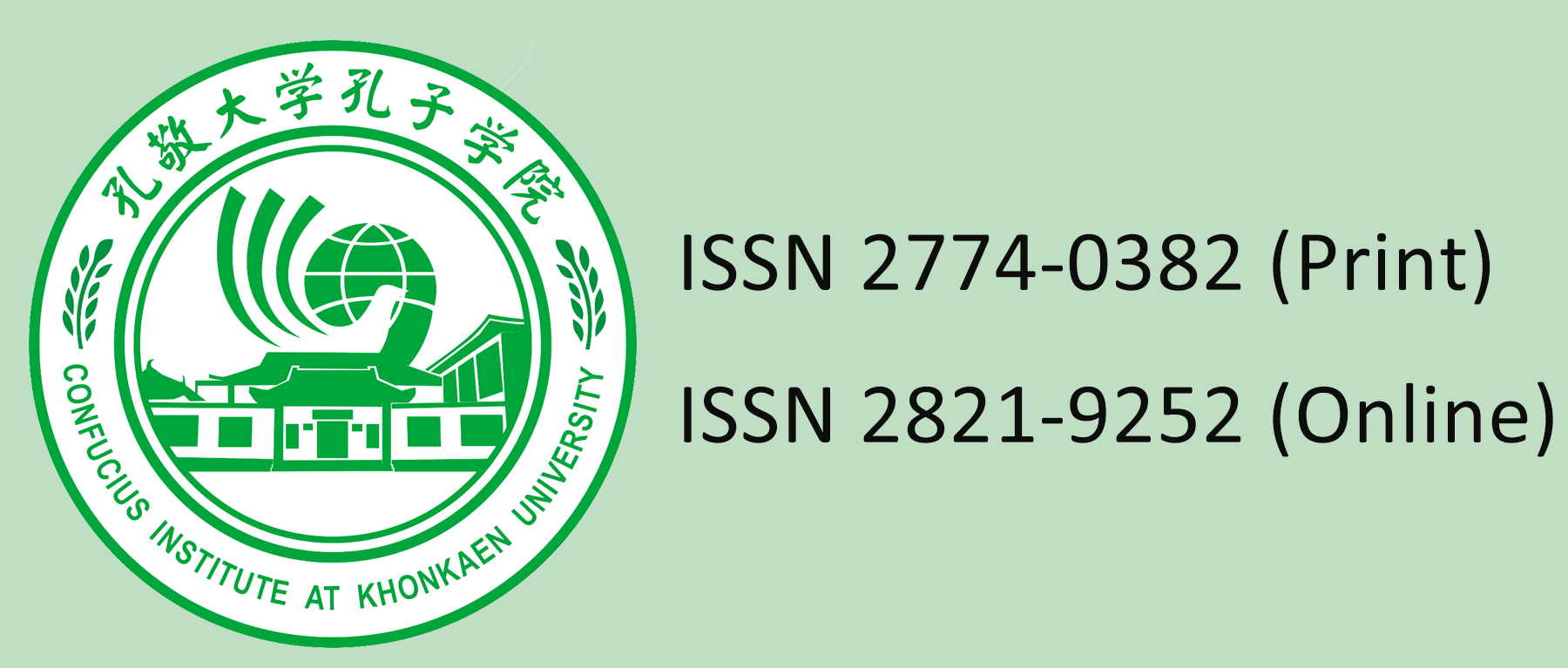Analysis of the Current Status and Developmental Trends of Sino-Thai Higher Education Cooperation
Main Article Content
Abstract
Sino-Thai collaborations in higher education serve as a significant model of transnational educational cooperation, which is crucial in promoting the internationalization of higher education and sharing academic resources between the two countries. This study reviews the policy background and practical development of Sino-Thai university collaborations, detailing their establishment and operation across geographic distribution, levels of cooperation, operation modes, program design, and current status. The analysis identifies key challenges in the collaboration, including inadequate student quality, unclear educational goals, an imbalanced theory-practice ratio, insufficient teaching staff, lack of communication mechanisms, inadequate regulatory systems, and insufficient collaborative innovation in research. To address these issues, the study proposes measures such as controlling admission standards, optimizing academic program positioning, coordinating curriculum integration, strengthening faculty development, innovating cooperative modes, benchmarking international standards, and improving top-level design. These measures aim to enhance the quality of collaborative education and provide more robust support for higher education cooperation between the two countries.
Article Details
How to Cite
DING, L., & HAN, R. (2024). Analysis of the Current Status and Developmental Trends of Sino-Thai Higher Education Cooperation. Journal of Sinology and Chinese Language Education, 7(2), 87–98. retrieved from https://so08.tci-thaijo.org/index.php/cikkuhygj/article/view/4048
Section
CHINESE EDUCATION


